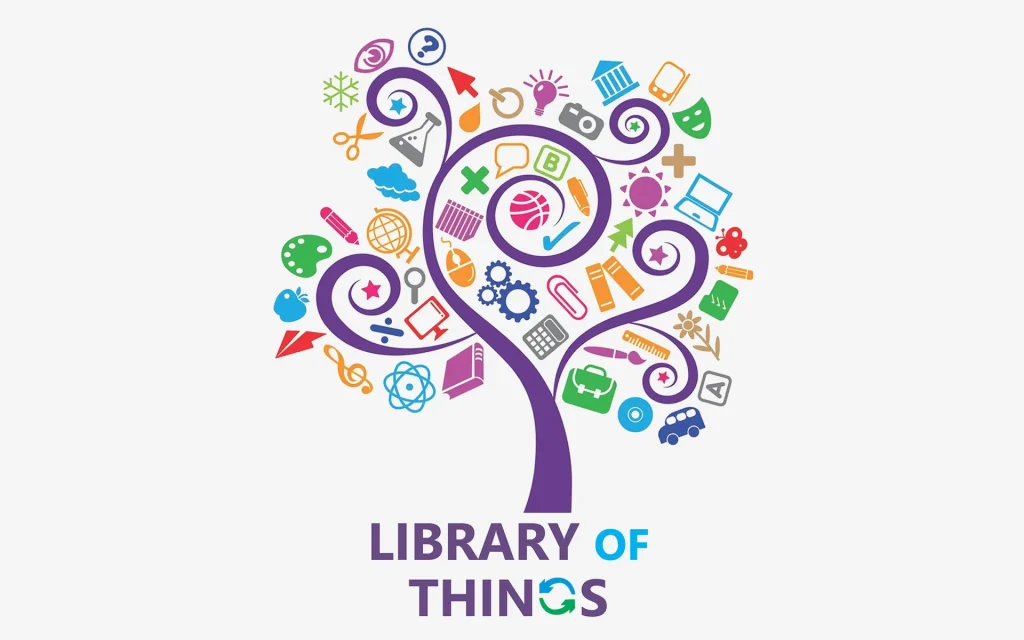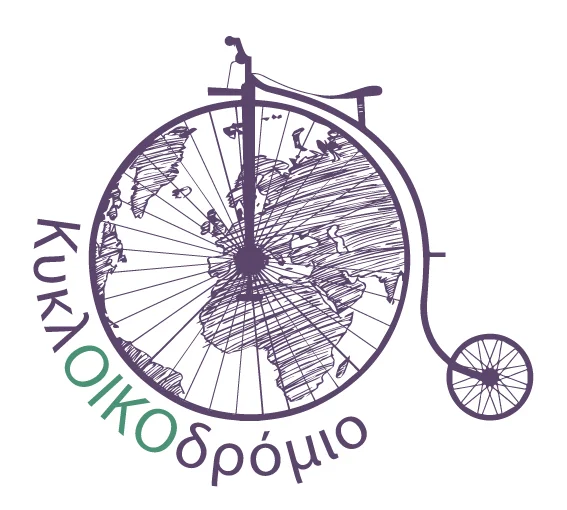A “Library of Things” is an organisation that lends items to members of the local community, where people can borrow items and tools beyond traditional books. It is a concept that encourages sharing and sustainability by providing access to a wide range of items that people may only need occasionally. The concept aims to reduce consumption, promote collaborative consumption and build a sense of community. Libraries of objects have gained popularity in cities and communities around the world as a way of promoting sustainability, community engagement and resource sharing. They contribute to a more collaborative and less resource-intensive lifestyle.
The aim is to promote a circular economy and reduce excessive consumption and the accumulation of items we do not use. It is based on the principle of “borrowing rather than buying” and helps to reduce the environmental impact. These items can be anything and generally include DIY tools, garden machinery, kitchen appliances, camping equipment, event equipment and general useful household items.
The benefits of borrowing objects from a Library of Things, rather than owning them, are multiple:
- we free up space in our homes,
- we save money by paying a fraction of the purchase cost,
- we ensure that the items will have a full life span,
- reduce the consumption of resources and raw materials,
- reduce waste and carbon emissions.
The impact on the planet from our current consumption habits is unsustainable. Borrowing instead of buying and owning reduces our collective impact on the planet and ensures that the amount of waste is kept to a minimum. Production processes, along with disposal and recycling processes, are a major problem in greenhouse gas emissions that we must address individually and collectively if we are to tackle the climate crisis.
The concept of a library of things is not new; toy libraries have been around since the 1970s and tool libraries also flourished in the same period, especially in the US and UK. Although many toy and tool libraries are still in use today, the gradual decline is perhaps due to the culture of private ownership of items, easy access to such libraries, and the cheaper cost of purchasing.
The sharing economy started as a way to mitigate overconsumption and to help build links between fellow citizens. The sharing mentality helps to reduce waste and seems a promising solution to becoming more sustainable and responsible consumers.
KyklOIKOdromio is creating the first small library of things at Liasidou Street, in Nicosia within the walls. It starts timidly but with a vision to reduce resource waste, promote the circular economy, reduce overconsumption and resource sharing.


